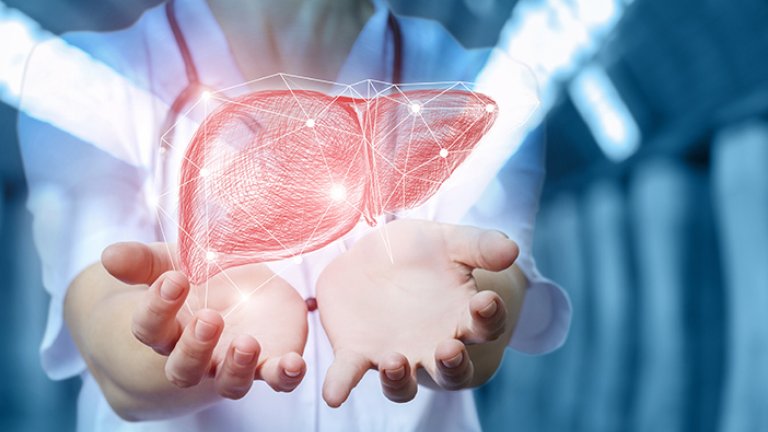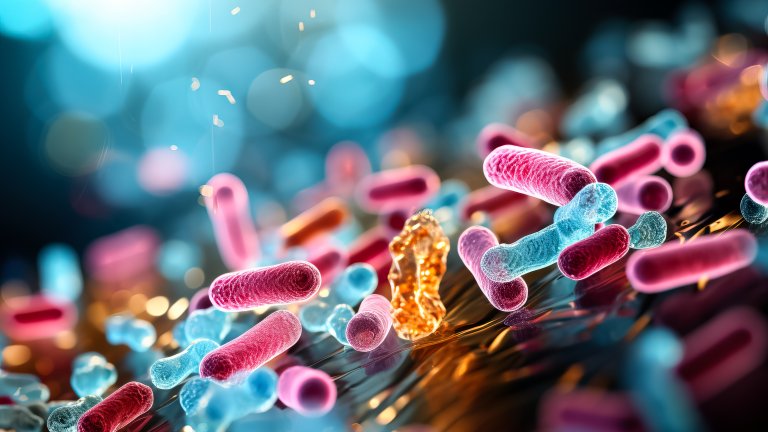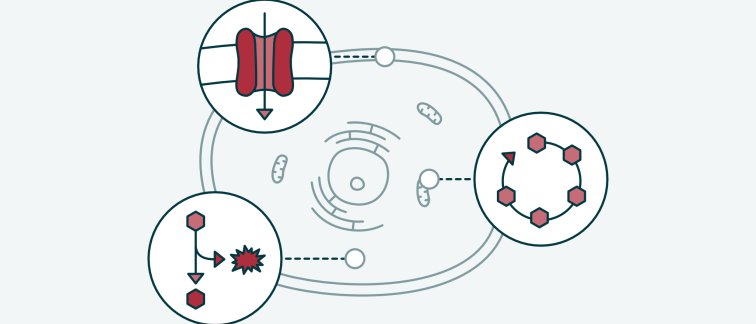Major aims are improving (early) diagnosis, unraveling the genetic, biochemical and clinical causes and consequences of the metabolic derangements in patients, and developing and improving treatment for patients. The program encompasses clinical, pre-clinical and translational research and houses state-of-the-art diagnostic facilities for metabolic disorders (metabolite, enzyme and DNA) and the central core facility for metabolomics and lipidomics.
Inborn errors of metabolism
The program “Inborn errors of metabolism” focusses on inherited metabolic disorders manifesting from (pre)neonatal period into adulthood. Major aims are improving (early) diagnosis, unraveling the genetic, biochemical and clinical causes and consequences of the metabolic derangements in patients, and developing and improving treatment for patients. The program encompasses clinical, pre-clinical and translational research and involves the clinical departments of Pediatric and Internal Medicine Metabolic Diseases, and the Pediatric Neurology Department, which conduct translational and clinical research focused on pediatric and adult patients, respectively, and the Laboratory Genetic Metabolic Diseases (GMD), conducting pre-clinical, fundamental and translation research. GMD also houses state-of-the-art diagnostic facilities for metabolic disorders (metabolite, enzyme and DNA) and the central core facility for metabolomics and lipidomics.
Since 2022 both the clinical and preclinical research groups of the VUmc and AMC location have merged and are concentrated on the AMC location. Within the program there is close collaboration with other departments, including human genetics, oncology, immunology , endocrinology and others. Furthermore, there is close cooperation with the Newborn Screening laboratory located in the Amsterdam UMC for research as well as clinical care.
In 2021 the joined departments have been recognized by the NFU as national center of expertise for Metabolic Diseases, including diseases of creatine metabolism, familiar hypercholesterolemia, galactosemia, gyrate atrophy, lysosomal storage diseases, peroxisomal diseases, phenylketonuria, riboflavin transporter deficiency, fatty acid oxidation disorders.
“Medicijn voor Maatschappij”
In 2019 the platform "Medicijn voor de Maatschappij" (Medicines for Society) was launched by AGEM-PI Prof. Hollak that aims to improve access to orphan drugs, including essential medicines for metabolic diseases, through "academia-driven pharma".
UMD consortium
Also in 2019, AGEM-PIs Prof. Waterham (Lab GMD) co-founded and co-direct with Prof van Karnebeek the United for Metabolic Diseases (UMD) consortium. UMD unites clinicians, laboratory specialists and researchers from the six Netherlands Academic Metabolic Centers and the patient organization VKS with the aim to improve diagnostics, treatment, care and research of and increase awareness on inherited metabolic diseases.
PIs involved in this program
- Annet Bosch, Pure profile, Head of the Department of Pediatric Metabolic Diseases
- Carla Hollak, Pure profile
- Mirjam Langeveld, Head of Department of Endocrinology and Metabolism
- Clara van Karnebeek, Pure profile
- Riekelt Houtkooper, Pure profile
- Gajja Salomons, Pure profile, Head of Laboratory Genetic and Metabolic Diseases
- Hans Waterham, Pure profile
- Georges Janssens, Pure profile
- André van Kuilenburg, Pure profile
- Stephan Kemp, Pure profile

Acquired metabolic disorders
Lipid metabolism
Understanding lipid metabolism is crucial to understand disorders such as obesity, metabolic syndrome and MASLD. In the Zelcer Lab they intend to uncover the fundamental mechanisms underlying the molecular regulation of lipid metabolism in health and disease. They study this in the context of cardio-metabolic disease using genetic, biochemical, cellular, and animal models. Another research line focuses on elucidating the role of the metabolic-inflammatory axis in driving cardiometabolic diseases. This is done in order to, among other things, gain new insight in the crosstalk between the metabolism-driven inflammatory response of the endothelium under hyperlipidemic conditions (Jeffrey Kroon).
MASLD
Obesity is associated with chronic liver damage. Although the regenerative capacity of the liver is enormous, prolonged damage to the liver can results in fibrosis, cirrhosis or even liver failure, a life-threatening condition. Life-style related liver disease caused by obesity is very common in the Netherlands. About 10% of individuals with metabolic dysfunction-associated steatotic liver disease (MASLD) will ultimately develop metabolic dysfunction-associated steatohepatitis (MASH), which might progress into liver cirrhosis and liver cancer. Therefore, diagnosis and treatment of obesity-related liver disease is a growing medical issue. Research into MASLD and MASH at the Amsterdam UMC is done both in a laboratory and clinical setting, further exploring the mechanisms behind the disease in hopes to develop a cure. (Onno Holleboom, Bart Koot (pediatrics))
PIs involved in this program
- Noam Zelcer, Pure profile
- Jeffrey Kroon, Pure profile
- Onno Holleboom, Pure profile
- Bart Koot, Pure profile
- Stan van de Graaf, Pure profile
- Jaap Groothoff, Pure profile
- Elena Levtchenko, Pure profile
- Hilde Herrema, Pure profile
- Jan van de Bossche, Pure profile

Other research topics
Microbiome
The gut microbiome, a complex community including bacteria, viruses and fungi, aids in human metabolism, digestion and immunomodulation. Gut bacteria can for example convert dietary components into biologically active metabolites able to regulate human metabolism. This makes the gut microbiome an interesting therapeutic target to prevent or improve human disease (e.g., via fecal microbiota transplantation (FMT), biotherapeutics, or diet).
Immunometabolism
Jan Van den Bossche’s lab performs pioneering research on macrophage immunometabolism. The overall aim is to explain how metabolic reprogramming regulates macrophage subsets in different settings, focusing on cancer and cardiovascular disease. By unravelling key questions in macrophage immunometabolism, the ultimate goal is to demonstrate whether and how targeting macrophage metabolism can be used for future therapy. Current research topics include immunometabolites (succinate, itaconate and new-found ones), metabolic immune-cancer interactions, metabolic enzymes (including ACLY; ATP citrate lyase).
Kidney metabolism
Elena Levtchenko focuses her research on unravelling disease mechanisms and finding the best treatments for children with genetic kidney disorders and kidney failure. She has developed a non-invasive methodology for deriving human kidney cells from uirne of the patients and healthy people allowing to establish novel models and testing new therapies.
PIs involved in these topics
- Jan van den Bossche, Pure profile
- Hilde Herrema, Pure profile
- Nordin Hanssen, Pure profile
- Elena Levtchenko, Pure profile

Amsterdam UMC Core Facility Metabolomics (CFM)
The CFM of the Amsterdam UMC specializes in state-of-the-art mass spectrometry, bioinformatics, and metabolism expertise. They conduct metabolomics, lipidomics and fluxomics analyses, including targeted and untargeted metabolite measurements, to drive research within and beyond Amsterdam UMC. The CFM was established in 2012 and is led by Fred Vaz, who as an AGEM PI focuses on the metabolism of complex lipids in genetic diseases, acquired disorders, and ageing. The CFM supports many AGEM PI’s and in the last four years, the CFM has played a supportive or leading role in over 113 publications (take a look).

